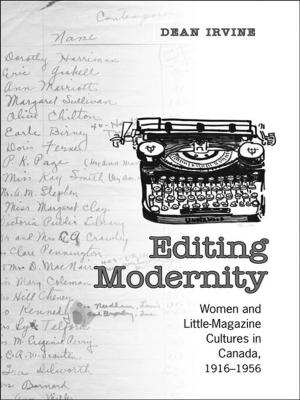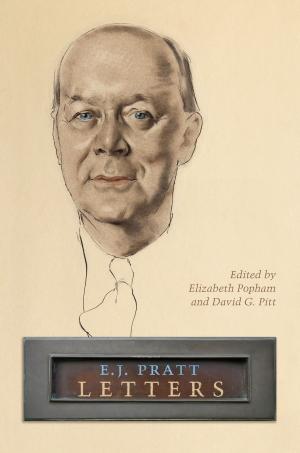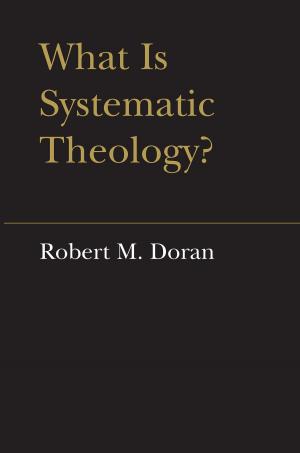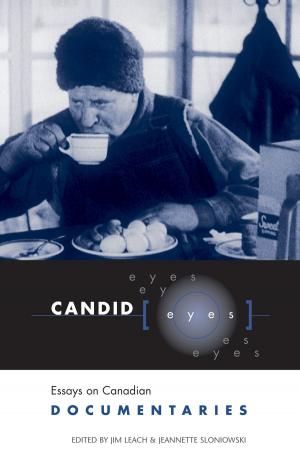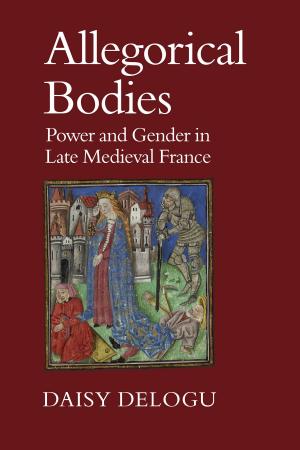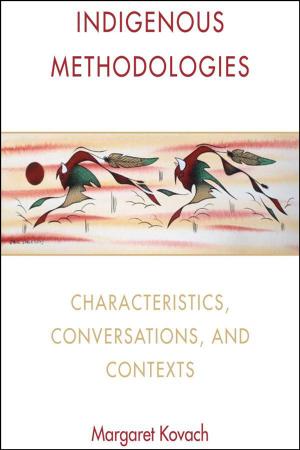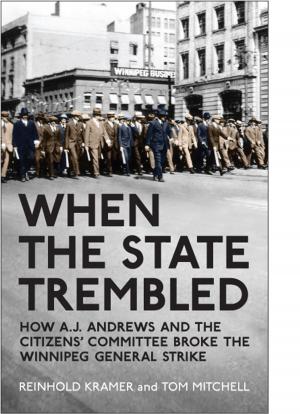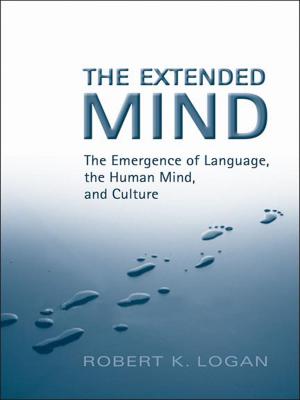The Idea of a Moral Economy
Gerard of Siena on Usury, Restitution, and Prescription
Nonfiction, Reference & Language, Law, Legal History, Business & Finance, Economics, Theory of Economics, Religion & Spirituality| Author: | Lawrin Armstrong | ISBN: | 9781442695696 |
| Publisher: | University of Toronto Press, Scholarly Publishing Division | Publication: | April 11, 2016 |
| Imprint: | Language: | English |
| Author: | Lawrin Armstrong |
| ISBN: | 9781442695696 |
| Publisher: | University of Toronto Press, Scholarly Publishing Division |
| Publication: | April 11, 2016 |
| Imprint: | |
| Language: | English |
The Idea of a Moral Economy is the first modern edition and English translation of three questions disputed at the University of Paris in 1330 by the theologian Gerard of Siena. The questions represent the most influential late medieval formulation of the natural law argument against usury and the illicit acquisition of property. Together they offer a particularly clear example of scholastic ideas about the nature and purpose of economic activity and the medieval concept of a moral economy.
In his introduction, editor Lawrin Armstrong discusses Gerard’s arguments and considers their significance both within the context of scholastic philosophy and law and as a critique of contemporary mainstream economics. His analysis demonstrates how Gerard’s work is not only a valuable source for understanding economic thought in pre-modern Europe, but also a fertile resource for scholars of law, economics, and philosophy in medieval Europe and beyond.
The Idea of a Moral Economy is the first modern edition and English translation of three questions disputed at the University of Paris in 1330 by the theologian Gerard of Siena. The questions represent the most influential late medieval formulation of the natural law argument against usury and the illicit acquisition of property. Together they offer a particularly clear example of scholastic ideas about the nature and purpose of economic activity and the medieval concept of a moral economy.
In his introduction, editor Lawrin Armstrong discusses Gerard’s arguments and considers their significance both within the context of scholastic philosophy and law and as a critique of contemporary mainstream economics. His analysis demonstrates how Gerard’s work is not only a valuable source for understanding economic thought in pre-modern Europe, but also a fertile resource for scholars of law, economics, and philosophy in medieval Europe and beyond.


